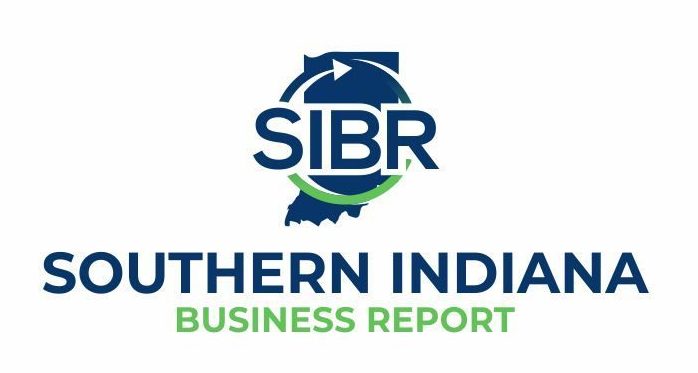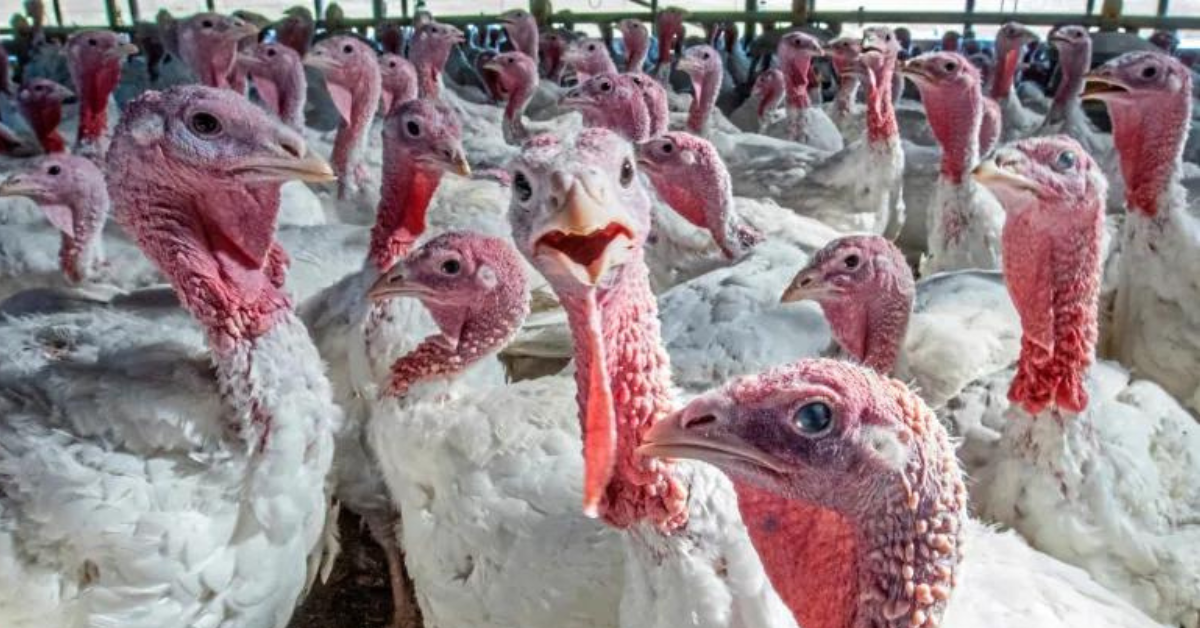As Thanksgiving nears, food prices up 11-13% from a year ago
Carol Johnson, Southern Indiana Business Report
Whether you like your turkey smoked, roasted or deep fried, it will cost you more than it did in 2021.
For the second straight year, food costs for the traditional Thanksgiving meal are up, with turkey prices accounting for much of the higher cost of sitting down for the annual feast of gratitude.
In fact, turkey prices are projected to rise as high as 20% compared to the fourth quarter last year, according to a Wells Fargo analysis. Per pound, customers can likely expect to spend $1.64 per pound for a frozen whole-hen weighing from 8 to 16 pounds, although savvy shoppers can watch for grocery specials offering special pricing.
Also costing more this year are eggs, which have already risen 32.5% while butter and flour have risen 25.8% and 17.1%, respectively, according to the cost analysis.
Inflation is partly to blame as food costs are up across the board. According to the Consumer Price Index, the price of food was up 11.2% on average in September 2022 compared to September 2021.
Talking turkey prices
The rise in turkey prices is tied to inflation and the outbreak of avian flu in 2022. Since the virus was detected, millions of turkeys have been euthanized.
Some media outlets have reported that there could be a shortage of turkeys for the holidays.
Ryan Downes is vice president of sales for Jasper-based Farbest Foods Inc., one of the largest turkey companies in the United States.
“The industry as a whole from February to the present has culled 8 million turkeys. These losses are significant but I don’t foresee it having an effect on holiday specific turkeys,” he said. “Turkey producers have done an incredible job in responding to the virus.”
Farbest Foods Inc. works with more than 200 contract growers in Indiana, Illinois and Kentucky, supplying raw, fresh and frozen turkey products to other processors around the world. Indiana ranks fourth in the United States for turkey production.
Although Farbest doesn’t supply whole turkeys, Downes said meeting consumer demand for whole turkeys is well planned by that segment of the poultry industry.
“For consumers who want turkey, they will be able to purchase a turkey for Thanksgiving, but you shouldn’t wait until the last minute. If someone has room in their freezer now, buy it now so you have it,” Downes said.
He said the narrative in the media that is causing concerns about a shortage of turkeys isn’t what he’s seeing.
“Consumers will have their needs met if they plan ahead,” he said.
Downes also said consumers can opt for bone-in turkey breast and other cuts that are just as good as a whole turkey.
Where’s the beef?
Turkey doesn’t have to be the main event on your table. Chicken, pork and beef are all tasty feast options.
At Fischer Farms, located in St. Anthony in Dubois County, Joseph Fischer said his family’s beef operation isn’t as reliant on market prices as the larger commercial producers are but his family’s business has not been immune to inflation.
“We try to keep our prices as steady as we can so we have less price changes,” Fischer said. “But we’ve had significantly higher operation costs.”
He said seed has gone up 10-20%, which is a big expense, he said.
“We use different forages so we’re constantly buying seed,” he said.
Tires, labor, parts for farm equipment and fuel are some of the other items that have increased.
Fischer Farms is a sixth-generation, family-owned natural beef farm. Fischer Farms products are carried in grocery stores in Huntingburg (More for Less), Paoli (Lost River Market & Deli) and served in restaurants at Sultan’s Run and R Table in Jasper and at the French Lick Resort. Fischer Farms also sells to customers in Louisville and Chicago.
One thing that does help Fischer Farms control costs is serving a close regional market.
“When you shorten your supply chain as far as distance from farm to table, you have less supply chain interruptions,” he said.
With the rise in prices, feeding a crowd will likely cost more this year. In 2021, the approximate cost of the classic Thanksgiving feast was $53.31 for 10 people, which was a 14% increase from 2020, according to Farm Bureau.
Indiana Farm Bureau annually conducts a shopping survey and will release those results this month.



